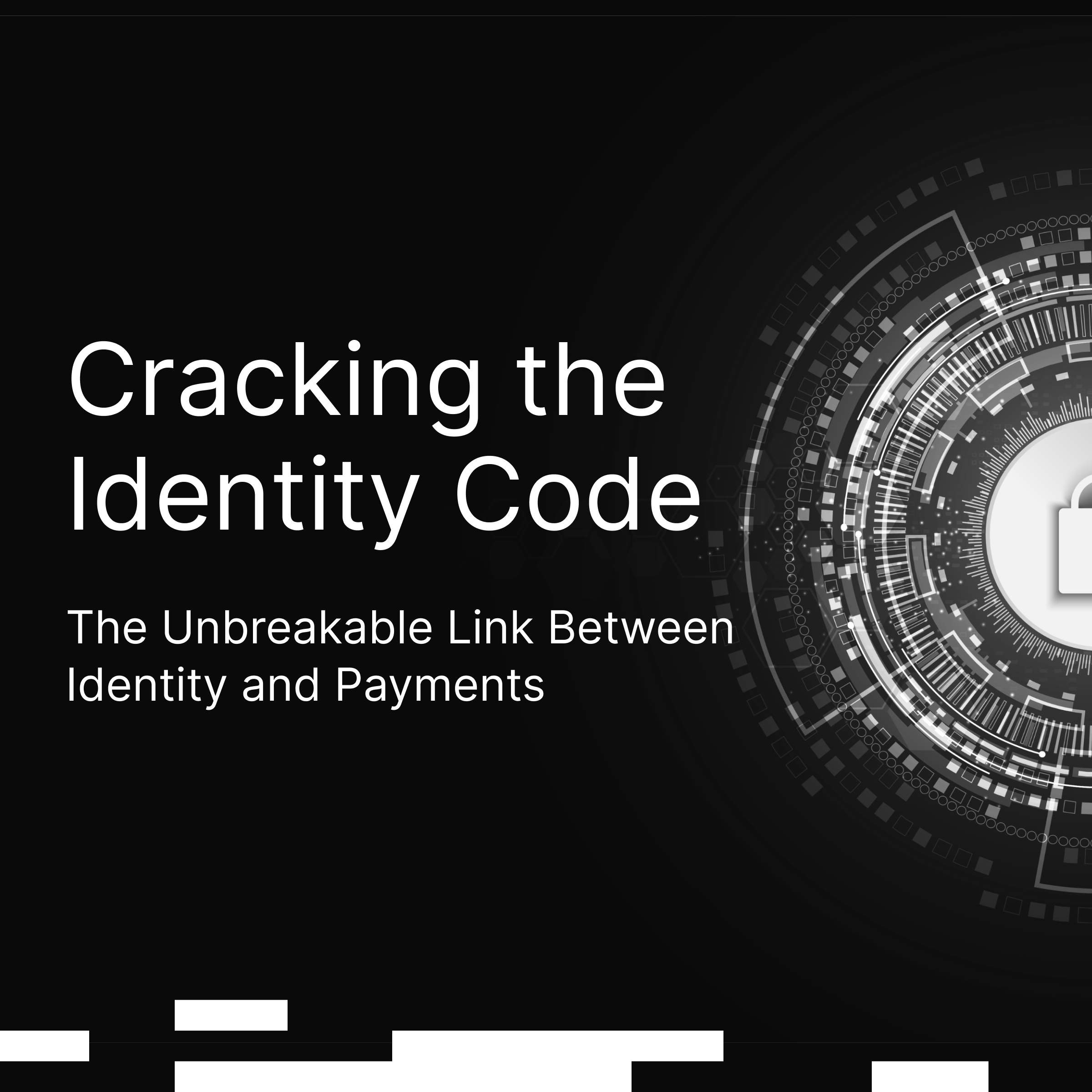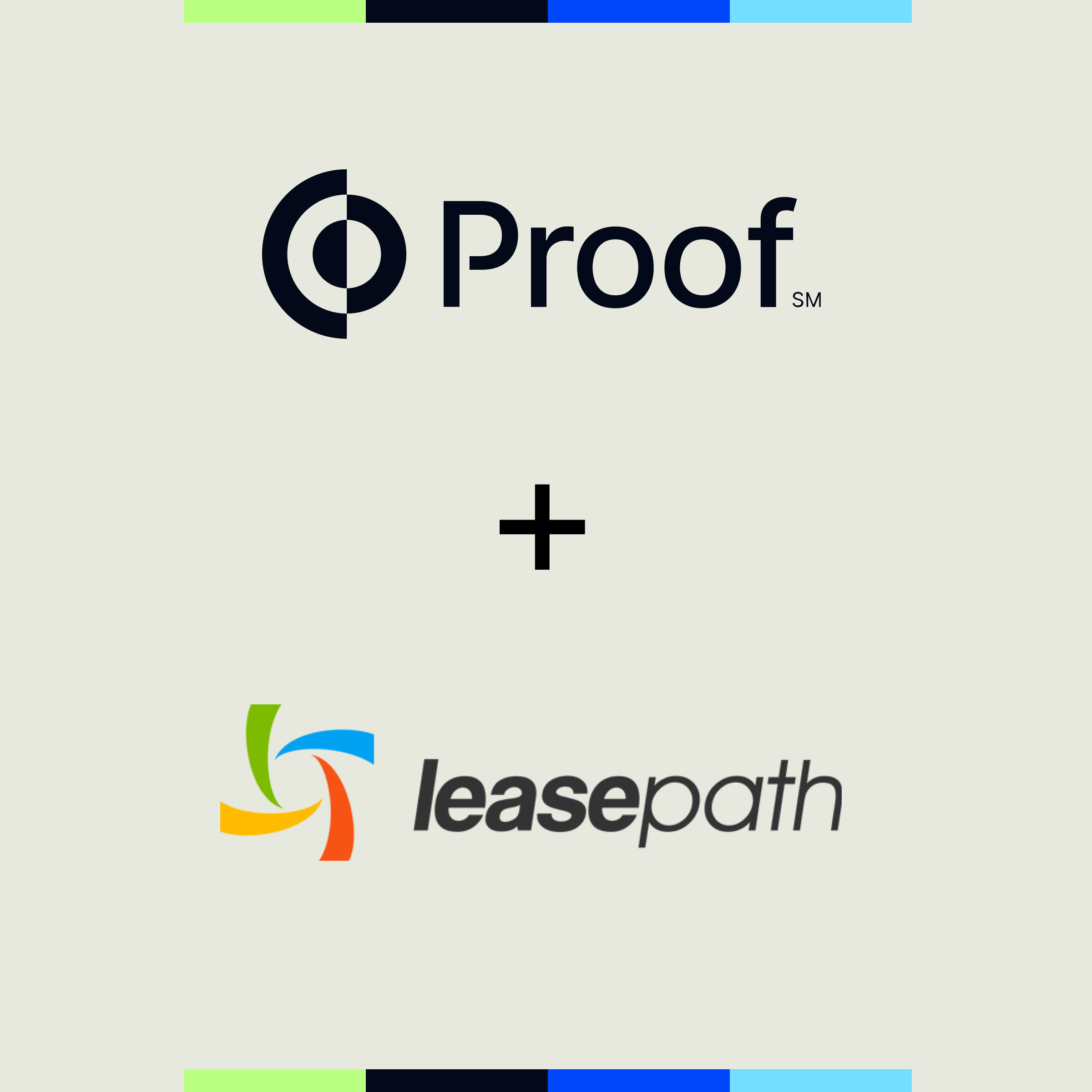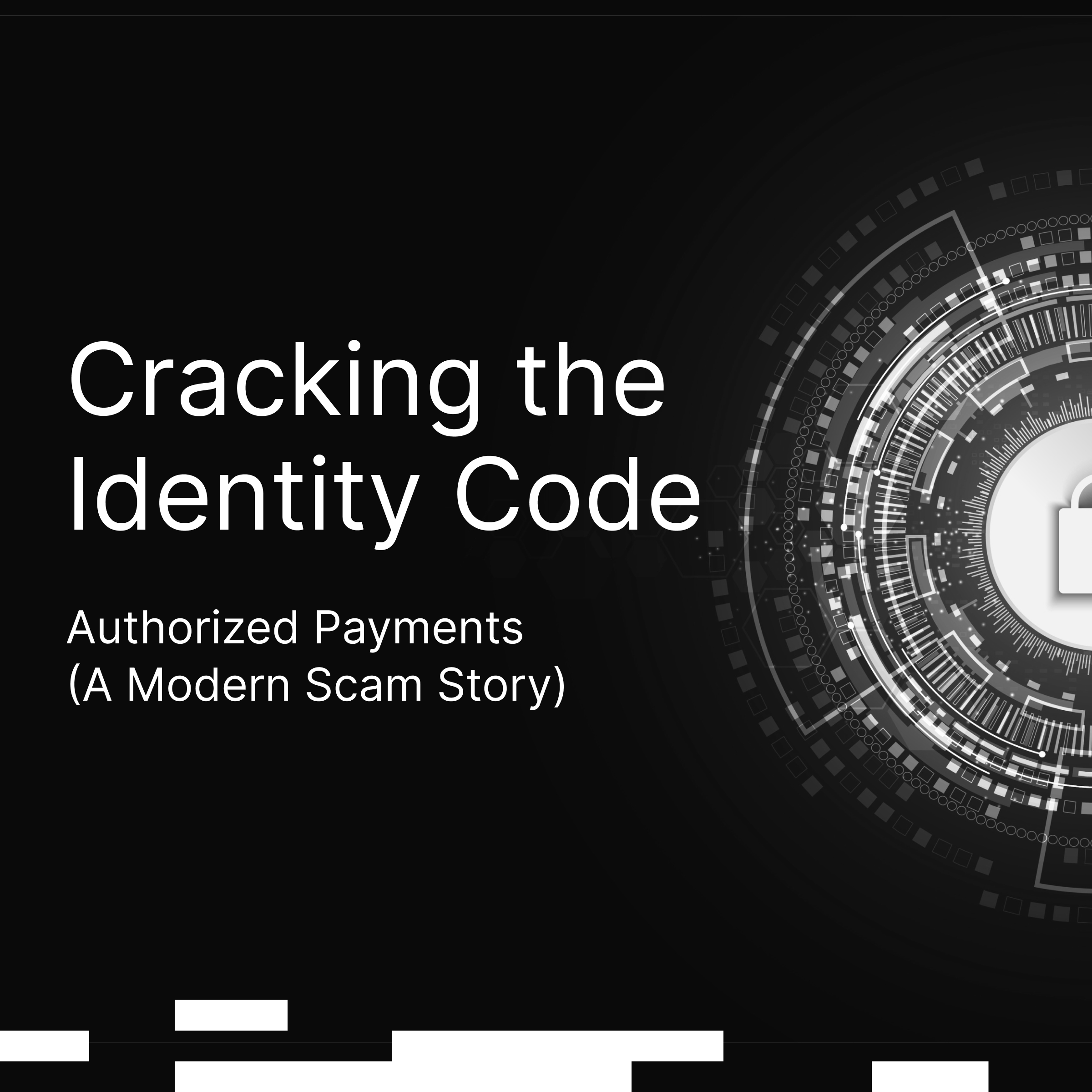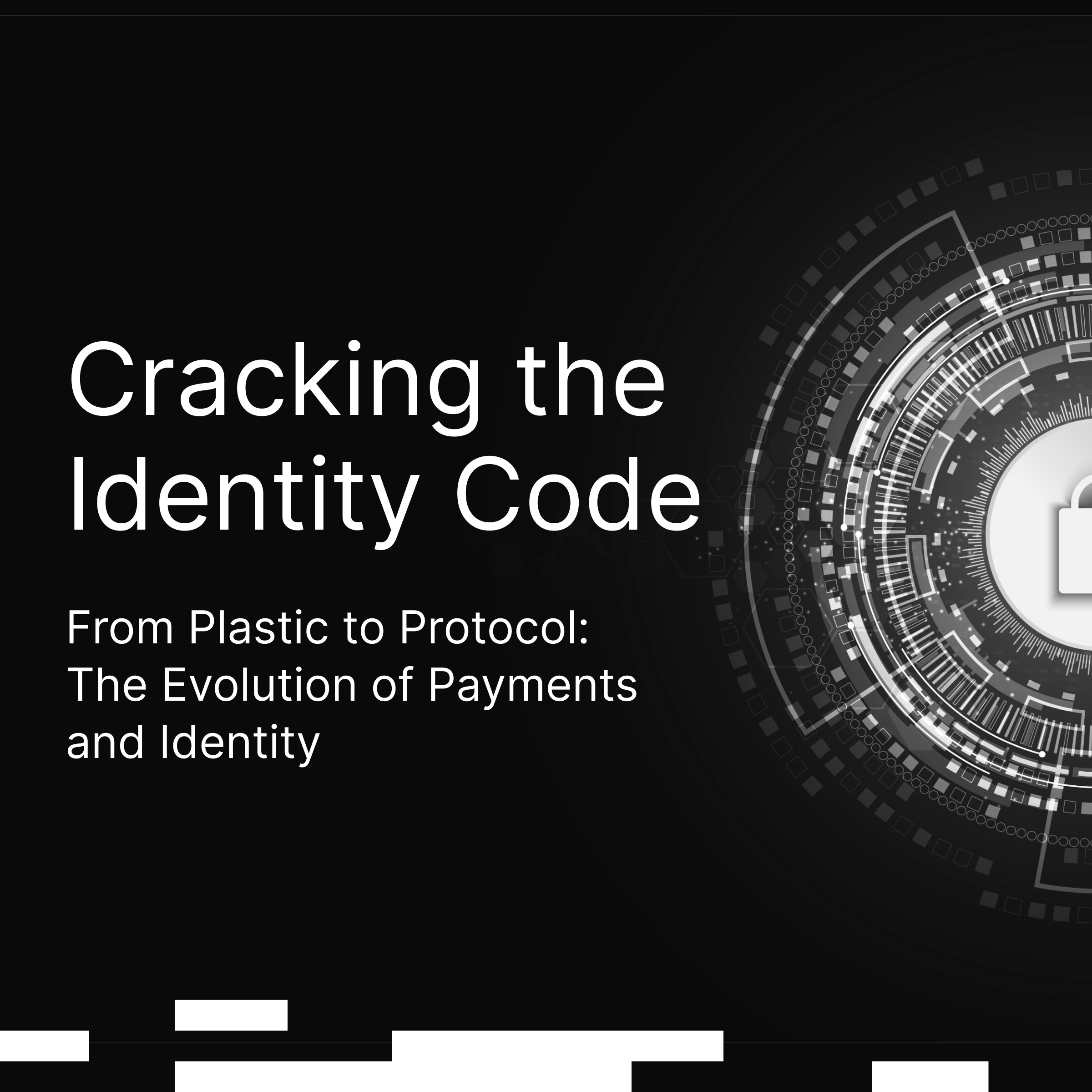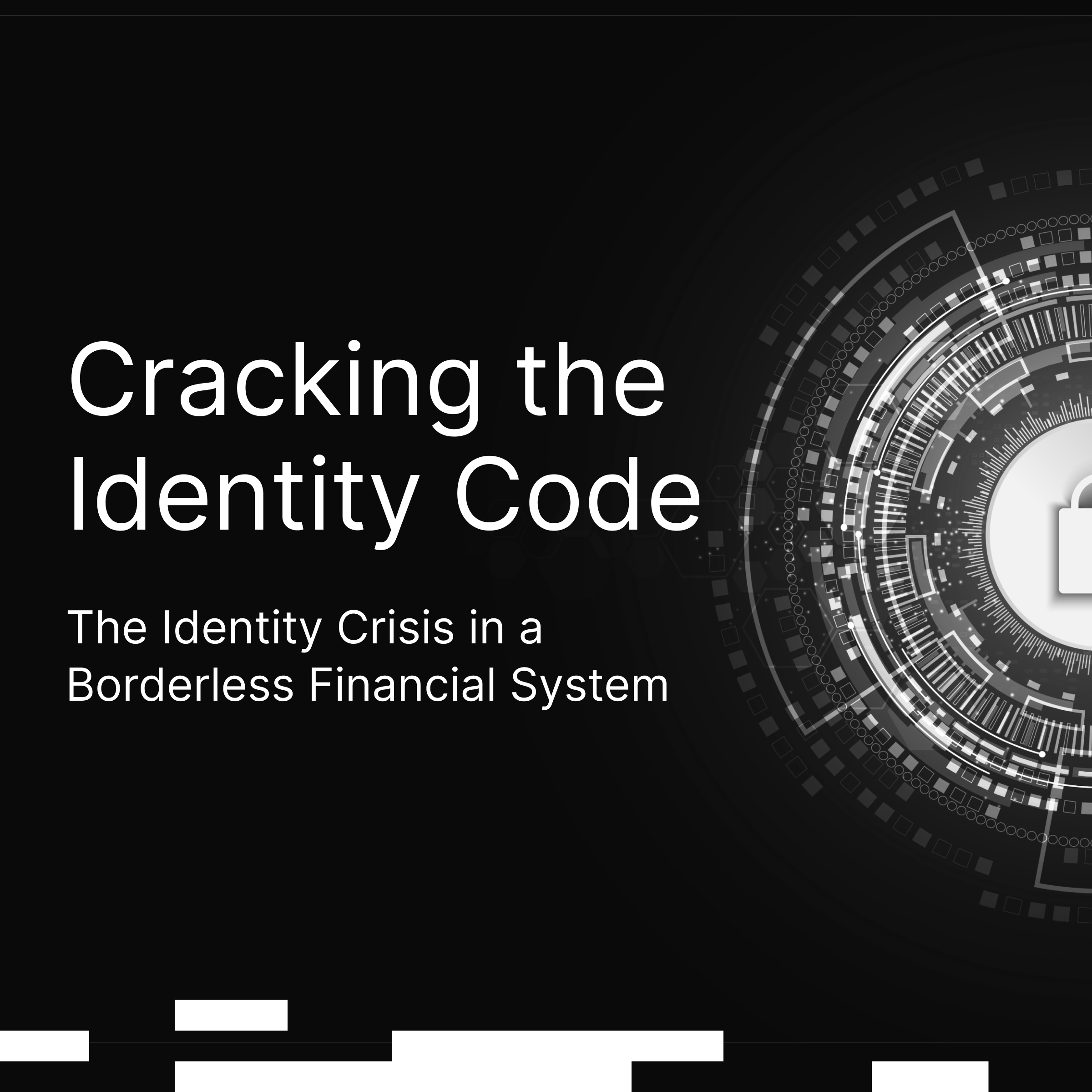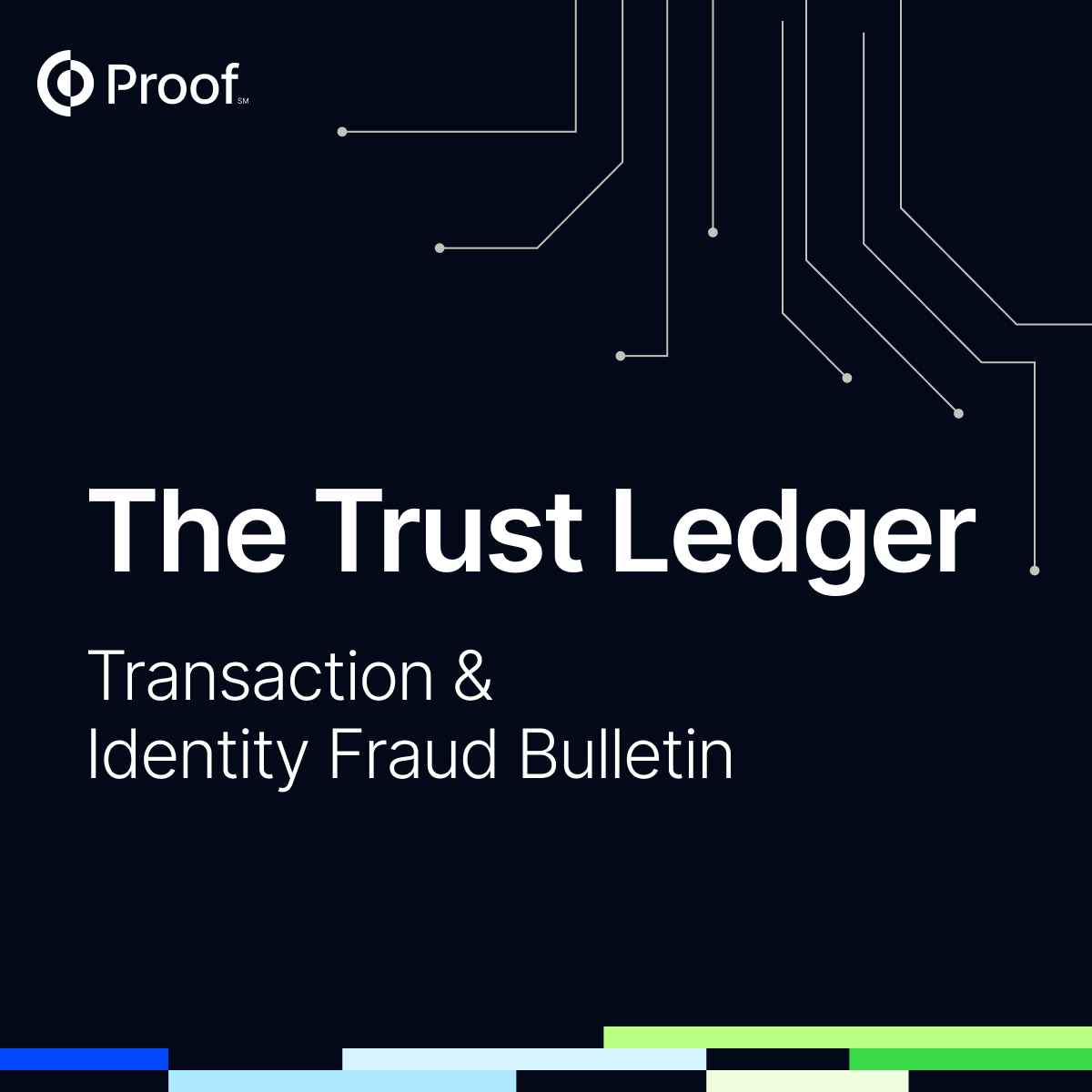How to Keep Real Estate Transactions Secure


In Q4 2021, mortgage debt reached more than $10 trillion. That’s a lot of money changing hands on a monthly basis as people pay off their loans. And if you’ve ever bought a house, you know that in addition to handing over a large sum of money, you also need to hand over a vast amount of personal information. And in addition to money, cybercriminals are increasingly interested in data. Stolen information like social security numbers, credit histories and account numbers are extremely valuable, as they can be used to steal people’s identities, open fake accounts and much more.
Today, security means keeping both money and data safe, at every stage of a real estate transaction. Issues can arise from human error or lack of proper cybersecurity measures, both of which leave the door open for criminal activity. Real estate professionals (lenders, title insurers, and agents alike) all need to prioritize keeping their clients’ online transactions secure.
A growing need for online security
All parts of real estate transactions are now able to be done completely online — from mortgage closings to online payments to notarizations and eSigning. Lending companies that specialize in online lending are growing quickly because of the convenience, flexibility and cost savings that they offer customers. And homebuyers aren’t the only beneficiaries when it comes to moving real estate transactions online. Lenders can make more revenue due to shorter processing times and major cost savings when they offer full online mortgage closings.
With so many benefits, it’s clear that companies in all areas of real estate are going to continue to invest in digital offerings, which means that cybersecurity must be top of mind for everyone involved in a real estate transaction.
How to ensure secure real estate transactions
From the moment a home search begins, a homebuyer becomes a potential target for a security issue, if they aren’t careful. Luckily, there are several simple best practices that lenders and agents can do to ensure that their customer keeps their data and their assets secure throughout the home buying process.
1. Use secure passwords
A study showed that 83% percent of Americans use weak passwords, which makes them easy targets for cybercriminals. Particularly for real estate transactions, it’s important for clients to use strong, secure passwords for all of the technologies used during the eClosing process.
2. Don’t fall victim to phishing scams
Emails that look like they are official business can be fake, sent by someone posing as a contact at a bank or mortgage company. Lenders should make it known to their customers who they can expect communications from so there’s no question as to whether an email is legitimate.
3. State security measures up front
Online closings are still a relatively new concept, so not all customers may be completely comfortable with it. You should put your clients’ minds at ease by addressing any security concerns at the start of the transaction. This will establish trust and lead to a better customer experience.
4. Secure the URL
Before asking clients to make any payments online or share any valuable information, verify the platform or web address is accurate and secure. It will usually either match the URL of the lender or come from an approved financial partner. However, some companies do use third party websites for specific transactions, so if the URL is unfamiliar, it’s worth verifying to ensure that it’s in fact, correct.
5. Only share personal data with a verified source
If someone that’s part of the real estate transaction asks for personal information about your client, such as a social security number or bank account number, it’s important to ensure that person is authorized to get such information and that you’re authorized to give it.
The benefits of online real estate transactions far outweigh the risks that people are now accustomed to when completing digital transactions (like online shopping and digital banking). However, as with any important transaction involving large sums of money and personal information, online real estate transactions open the door to security risks that must be taken into consideration. Lenders and agents should always have their clients’ security top of mind, and by implementing the above steps, it can help mitigate any risks that come along with digital transactions.














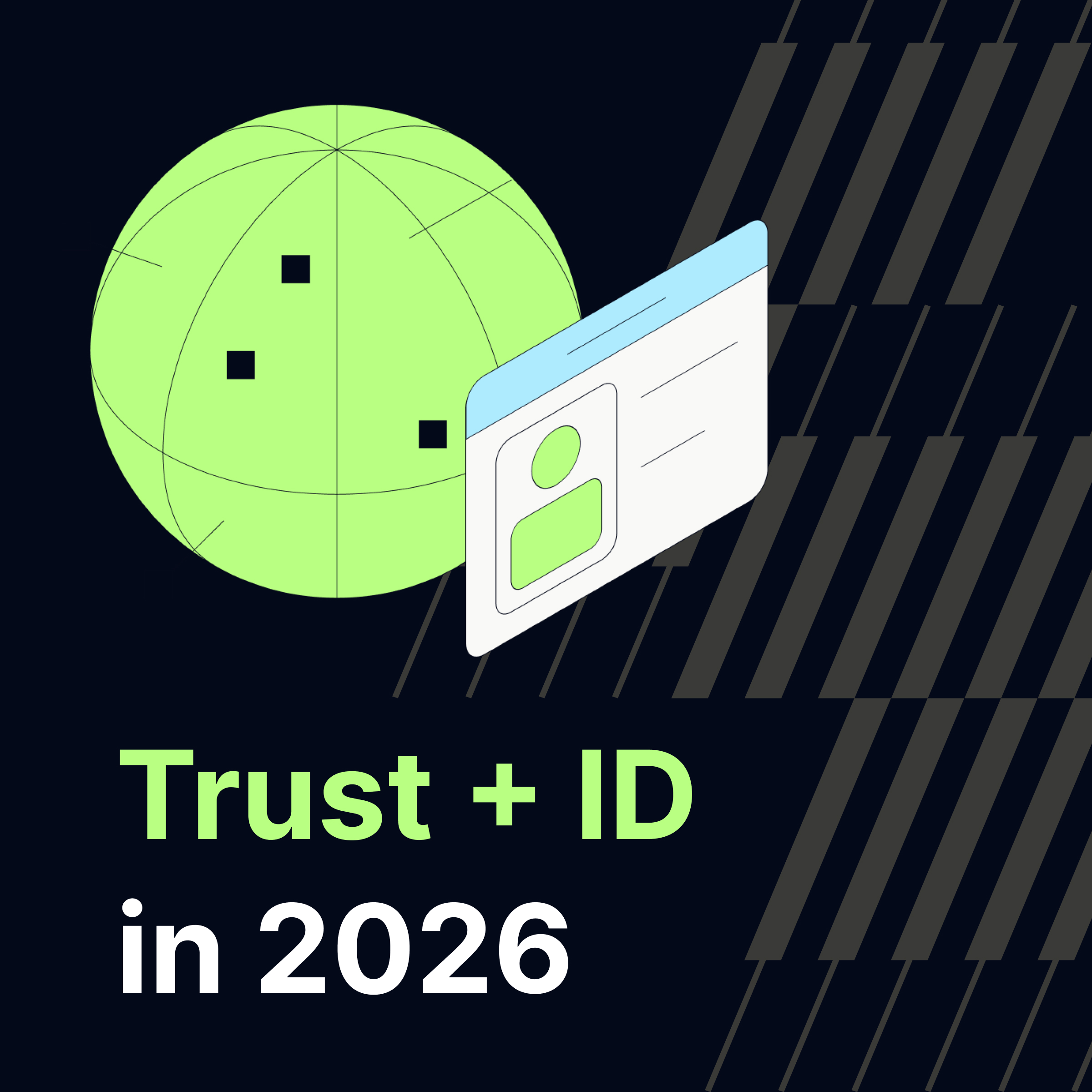



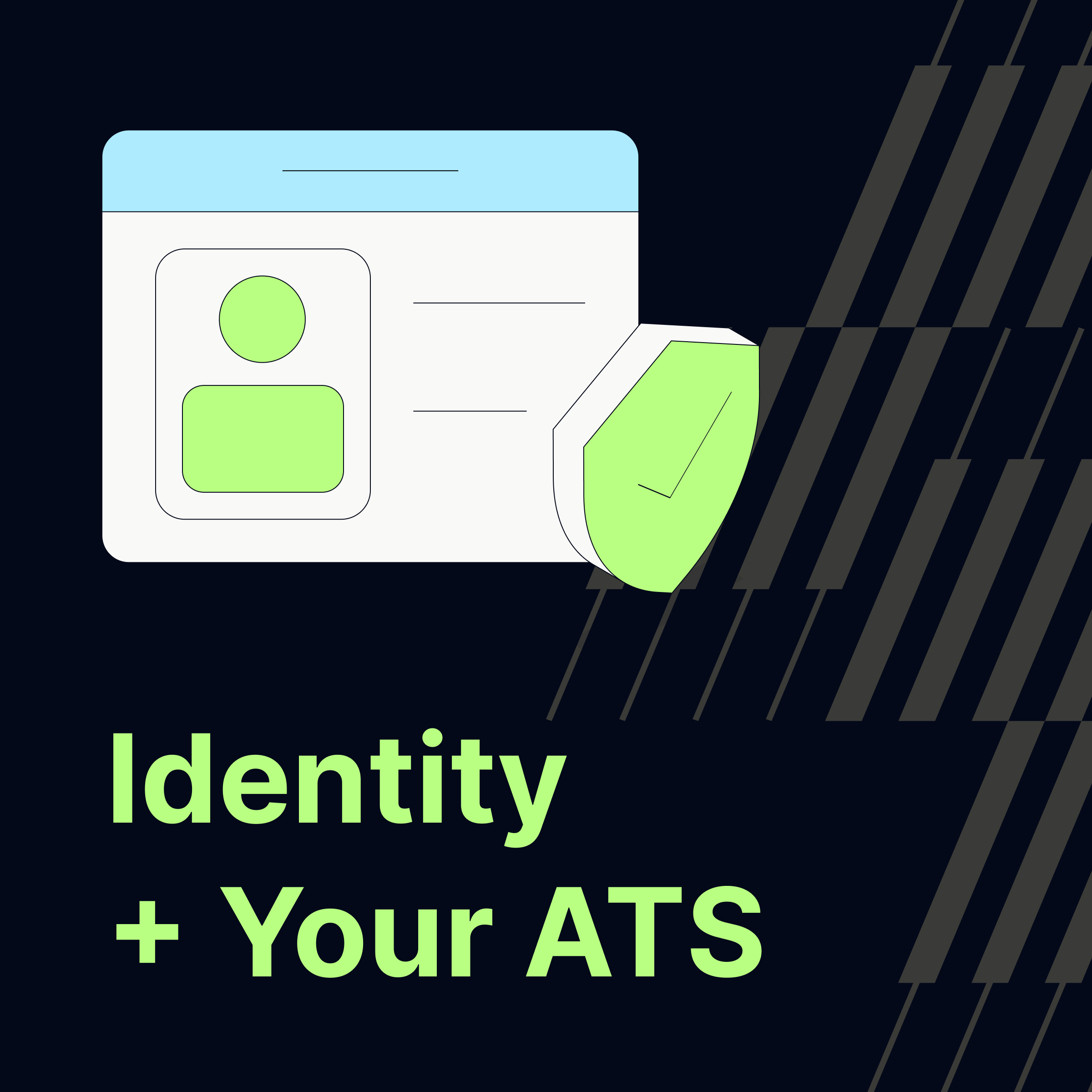


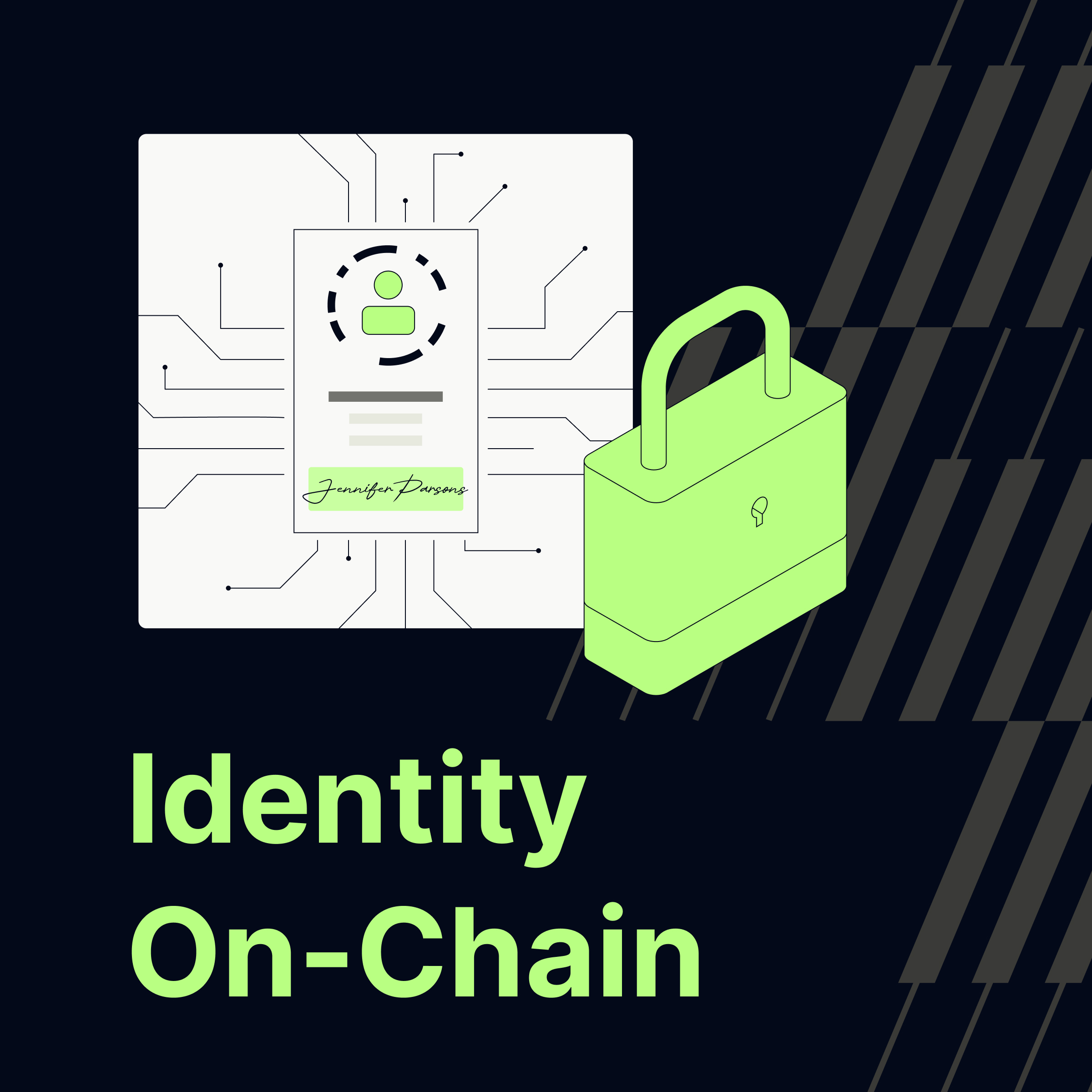







































.png)


.jpg)












